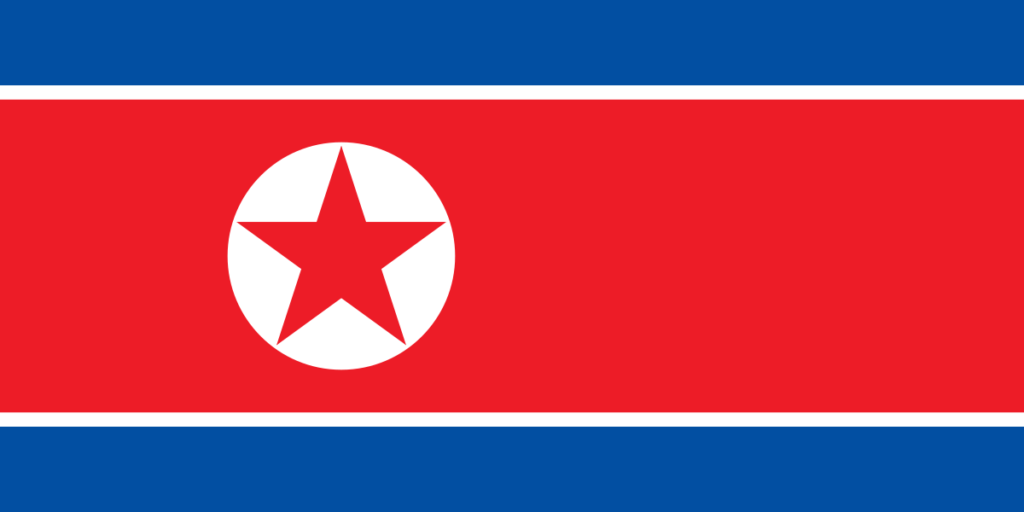UNSC Held Emergency Meeting On The Recent Missiles Launches By North Korea

Recently, the United Nations Security Council (UNSC) held closed consultations at the request of the United States, the United Kingdom, and France on the recent missile launches by North Korea (Democratic People’s Republic of Korea ). During the meeting While expressing his deep concerns on the launches and saber-rattling statements by the North Korea (DPRK), Assistant Secretary-General of the United Nations for Middle East, Asia and the Pacific Khaled Khiari stated that the DPRK had reportedly carried out four launches in last month, including long-range cruise missile, ballistic missile, hypersonic and anti-aircraft missile. He noted that currently, the negotiations between the United States and the DPRK, and the Republic of Korea and the DPRK were in a stalemate.
He also conveyed strong concerns of the UN Secretary-General on the recent developments and message for the DPRK to abide by its obligations under the UNSC resolutions. They reiterated that these missile launches were in violation of the UNSC resolutions and also posed a threat to regional peace and stability. Further, they expressed their concerns about the continuous development of nuclear and ballistic missile programmes by the DPRK.
While urging the DPRK to strictly implement the UNSC sanctions and stop its provocative actions, they called on it to engage in dialogue with the United States because diplomatic engagement remains the only pathway to sustainable peace and complete, verifiable denuclearization of the Korean Peninsula. The other members of the Council (developing countries) also expressed their deep concern about the recent developments in the Korean Peninsula and stated that these actions were a threat to regional peace and security. They also supported the diplomatic engagement and peaceful resolutions of the issue among the parties. Saint Vincent and the Grenadines particularly stressed the need to create a balance between the sanctions and livelihood and called upon accelerating the process of considering humanitarian exemptions.
On the other hand, China and Russia stressed that the nature and scope of the launches required to be further verified in an objective manner. They urged all parties to exercise restraint and avoid taking actions that could escalate the situation. They also called for early resumption of dialogue and urged the United States to take concrete steps to engage with the DPRK. In addition, they called upon the United States to come up with a feasible plan accommodating concerns of each other. While recalling their draft resolution, circulated in December 2019, which was not put to a vote and remained stalled because of insufficient support from other Council members, they expressed their interest to provide partial sanction relief for the DPRK.

China also underscored that cooperation of the AUKUS alliance on nuclear-powered submarine technology between the US, the UK, and Australia would gravely undermine regional peace and stability, aggravate the arms race, and impair international nuclear non-proliferation efforts. Importantly, it stressed that this development was against the wishes of the regional countries a well but In response, the United States and the UK stated that their cooperation with Australia was in line with international law.
India once again mentioned that proliferation linkage between the DPRK and in South Asia was a threat to its security and that of the region. It also supported the Panel of Experts to conduct investigations of the recent launches. We also learned that France had proposed press elements, expressing deep concern on the recent missile launches by the DPRK and stressing the need for the full implementation of the UNSC resolution, which was supported by the majority of the members of the Council. However, Russia and China opposed the proposal. The Council meeting once again demonstrated continued differences and division among the members on the issue of the DPRK. The United States has been a strong proponent of maintaining a policy of maximum pressure until the DPRK takes concrete steps toward denuclearization.
The western members of the Council are generally supportive of this approach. China and Russia, on the other hand, have shown interest in implementing some form of sanctions relief. In the wake of recent developments, the Chair of the Security Council Committee established pursuant to resolution 1718 (2006) is likely to hold a briefing with wider membership later this month.





